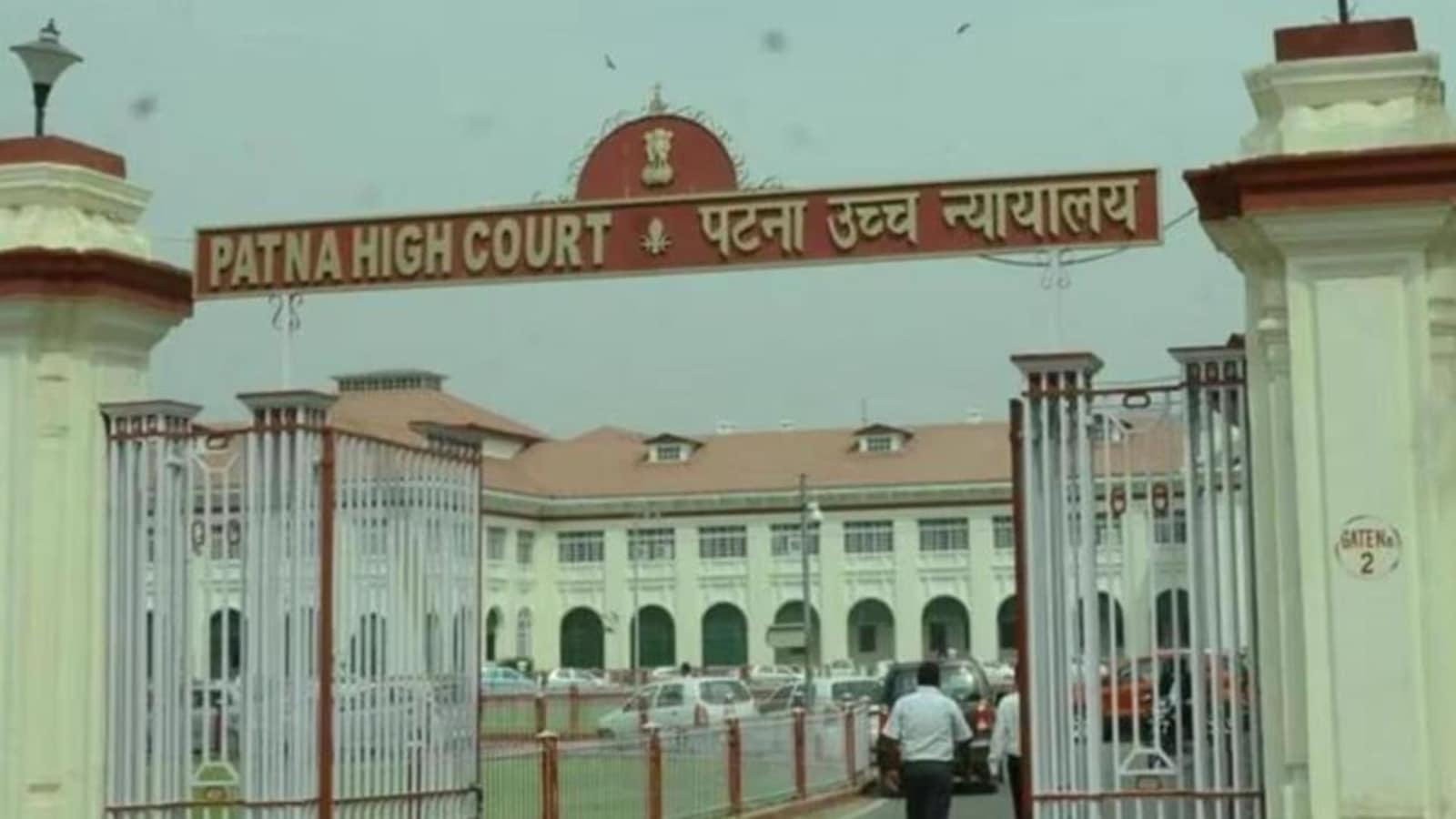In a decision that would have far-reaching consequences, the Patna High Court on Monday dismissed a writ petition by a former headmaster in charge of a boarding school challenging departmental punishment.
Holding that he only examined the decision-making process and not the decision itself, Justice Anjani Kumar Sharan, whose judgment was released on Monday, said “the nature of punishment that can be imposed on an employee is absolutely a prerogative of the appointing authority.”
The court further clarified that it does not normally substitute its judgment in such matters under Article 226 of the Indian Constitution.
The petition was filed by Kumar Sunil Sinha, former principal in charge of Arwal Ambedkar Residential High School for Girls, who was placed on compulsory retirement as a disciplinary measure.
The petitioner’s lawyer, Mahasweta Chatterjee, argued that the punishment was unduly harsh and should be quashed. She argued that several witnesses had testified in favour of the petitioner, suggesting that he had been falsely implicated in a surveillance case.
However, state advocate Prashant Pratap opposed the plea, saying the charges against Sinha were serious as he was caught red-handed by the vigilance department team while accepting a bribe on March 31, 2016.
Pratap argued that there was sufficient evidence against the petitioner and that the departmental procedures followed the principle of preponderance of evidence.
“There were no procedural irregularities in the decision-making process and therefore the punishment order did not merit interference under Article 226,” he added.
In dismissing the petition, the court upheld the departmental action, reinforcing the principle that judicial review under Section 226 was limited to assessing the fairness of the decision-making process and not the merits of the decision itself.
Disclaimer:
The information contained in this post is for general information purposes only. We make no representations or warranties of any kind, express or implied, about the completeness, accuracy, reliability, suitability or availability with respect to the website or the information, products, services, or related graphics contained on the post for any purpose.
We respect the intellectual property rights of content creators. If you are the owner of any material featured on our website and have concerns about its use, please contact us. We are committed to addressing any copyright issues promptly and will remove any material within 2 days of receiving a request from the rightful owner.

